Recently, India removed the export tax on parboiled rice, which caused the price of West African rice to hit rock bottom, causing buyers to stop trading, fearing supply pressure from Asia.
The West African rice market is undergoing a sharp correction after India announced the abolition of a 10% export tax on parboiled rice, a move that has contributed to a significant drop in regional rice prices.
According to S&P Global Commodity Insights (Platts), the price of Cotonou 5% STX CFR parboiled rice in West Africa fell to $535/ton on October 25, the lowest level in the past 11 months and down $25 compared to the price on October 22 – the time when India announced the removal of this export tax. At the same time, the price of parboiled rice exported from India fell $38/ton.
Many buyers in West Africa expect parboiled rice prices to continue to fall in the absence of export duties from India. In the face of this volatility, rice importers in the region are cautious, looking to sell their stocks to limit the risk of price fluctuations. “It’s all about hedging,” said an importer in Benin, emphasizing the cautiousness of their strategy in adjusting to new market developments.
Despite expectations of increased demand during the Christmas and New Year holidays, purchasing power in West Africa has so far failed to pick up as expected. “Because of the volatility, everyone is on a wait-and-see mode,” said an Indian exporter. This wait-and-see mentality is a common trend in rice trade in West Africa, as many importers fear that prices may fall further.
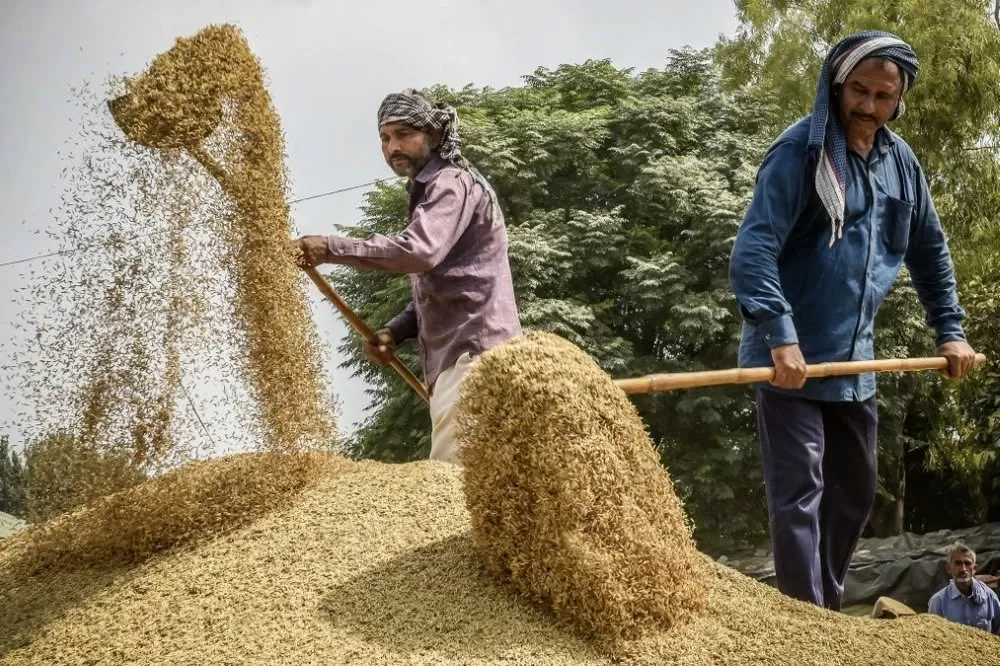 |
| India removes export tax on parboiled rice, West African rice prices hit yearly low, buyers suspend transactions, fearing supply pressure from Asia. |
According to India’s Agricultural and Processed Food Products Export Development Authority, West Africa has been India’s largest rice import market for the past three years, with non-Basmati imports peaking at 1.2 million tonnes in fiscal 2023-24. Other regional markets such as Togo, Ivory Coast and Senegal have also been affected by India’s rice export policy and have begun to open up to white rice, which was previously imported from Thailand, Pakistan and Vietnam.
India’s removal of minimum export prices for non-Basmati white rice on October 23 has opened up strong competition among suppliers from Thailand, Pakistan and Vietnam in West Africa. “This rice will be competitive with other rice markets now,” said an importer in Ivory Coast.
However, according to experts, the demand for parboiled rice in West Africa will remain stable, because this type of rice has a unique texture and flavor that is favored by consumers and is more reasonably priced than other types of rice.
Nigeria, Africa’s most populous country, continues to be a major market with high demand for parboiled rice, as domestic production remains insufficient to meet demand. Currently, Nigeria imports more than 3 million tonnes of rice each year to meet domestic consumption. However, the agricultural sector here is still facing many challenges such as high production costs, difficulties in accessing modern seeds, fertilizers and machinery.
In an effort to curb food inflation, which is running at 37 percent, the Nigerian government has decided to suspend taxes and tariffs on a number of agricultural products, including wheat, corn, brown rice and black-eyed peas, for 150 days. However, the list of importers allowed to participate in this program has not been announced. This is considered a necessary move in the context of high food prices, directly affecting the affordability of consumers as well as the competitiveness of businesses.
The rice harvest in Nigeria has begun, with yields rising to 2.5 tonnes per hectare in 2024 from 1.9 tonnes per hectare in 2014, according to data from the United States Department of Agriculture. Despite the increase in production, Nigeria’s agricultural sector is struggling to meet domestic demand, especially as its population grows rapidly. Notably, with an official ban on rice imports, much of Nigeria’s rice consumption comes from illegal cross-border supplies from Benin, West Africa’s largest importer of Indian parboiled rice. This relationship highlights the interdependence of the region’s rice supply chain.
With changes from India and food price controls from major importing countries, rice prices in West Africa are expected to fluctuate in the coming time, with increasingly fierce competition between supplies from Asian countries.
https://www.spglobal.com/commodityinsights/en/market-insights/latest-news/agriculture/102824-west-african-rice-market-adjusts-to-price-drops-after-india-ends-export-duty
Source: https://congthuong.vn/gia-gao-tay-phi-giam-sau-sau-quyet-dinh-bai-bo-thue-xuat-khau-tu-an-do-355538.html



![[Photo] General Secretary To Lam attends the opening ceremony of the National Achievements Exhibition](https://vphoto.vietnam.vn/thumb/1200x675/vietnam/resource/IMAGE/2025/8/28/d371751d37634474bb3d91c6f701be7f)
![[Photo] Politburo works with the Standing Committee of Cao Bang Provincial Party Committee and Hue City Party Committee](https://vphoto.vietnam.vn/thumb/1200x675/vietnam/resource/IMAGE/2025/8/28/fee8a847b1ff45188749eb0299c512b2)
![[Photo] National Assembly Chairman Tran Thanh Man holds talks with New Zealand Parliament Chairman](https://vphoto.vietnam.vn/thumb/1200x675/vietnam/resource/IMAGE/2025/8/28/c90fcbe09a1d4a028b7623ae366b741d)

![[Photo] Red flag with yellow star flutters in France on National Day September 2](https://vphoto.vietnam.vn/thumb/1200x675/vietnam/resource/IMAGE/2025/8/28/f6fc12215220488bb859230b86b9cc12)
![[Photo] General Secretary To Lam presents the 45-year Party membership badge to comrade Phan Dinh Trac](https://vphoto.vietnam.vn/thumb/1200x675/vietnam/resource/IMAGE/2025/8/28/e2f08c400e504e38ac694bc6142ac331)








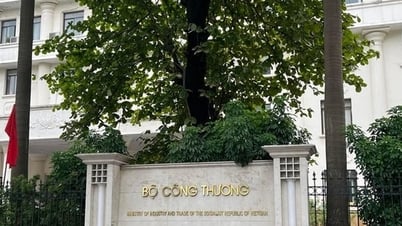



















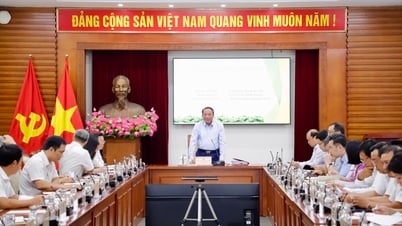






















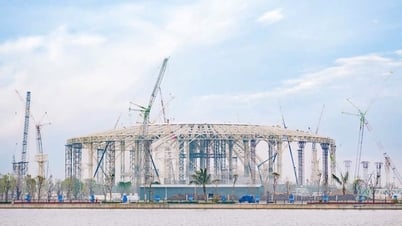












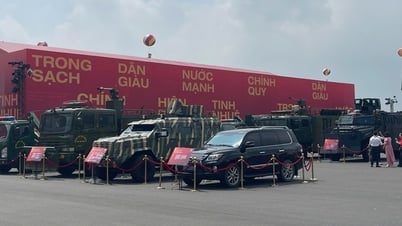

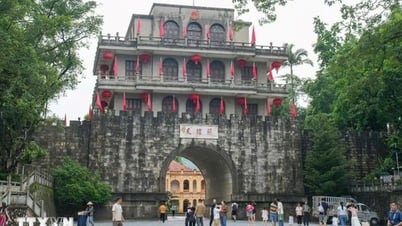




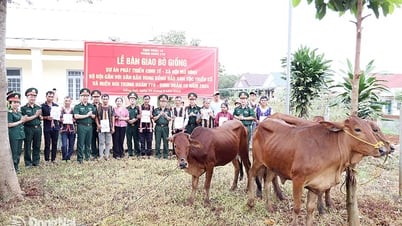


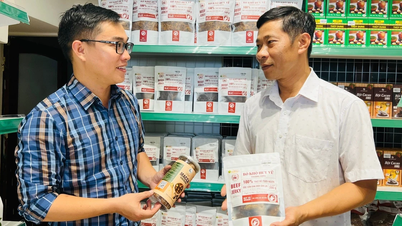















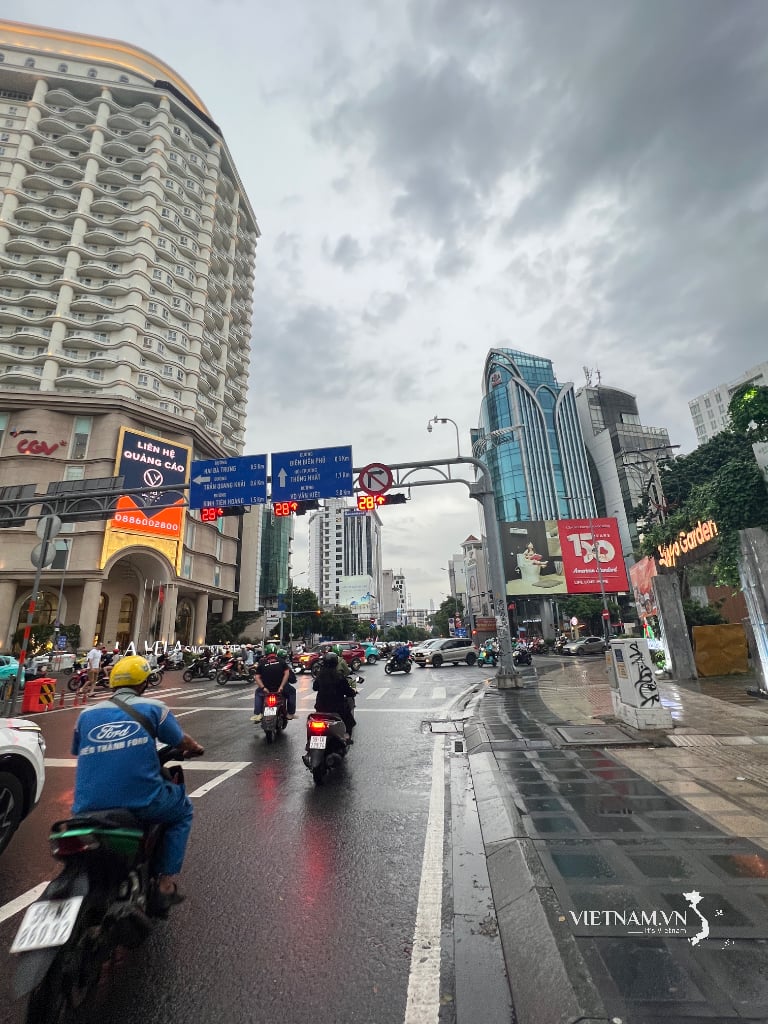

Comment (0)